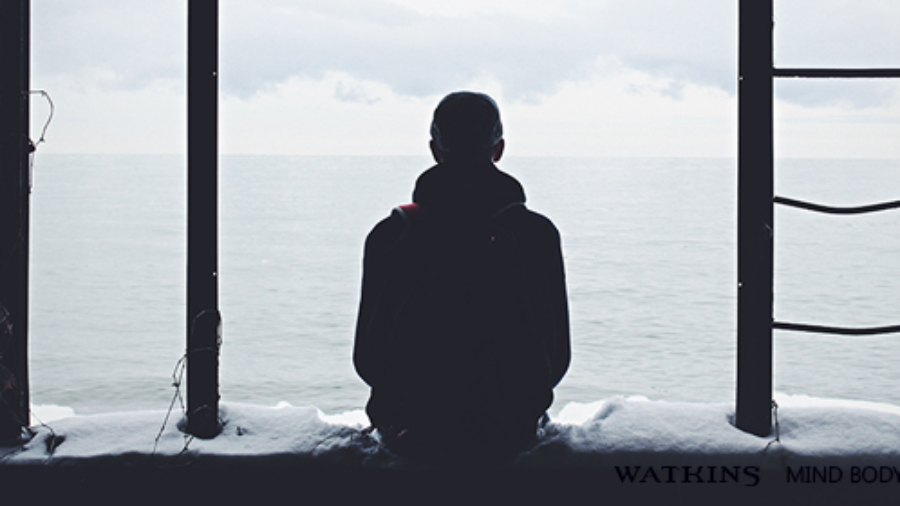Singer and best-selling author Sheila Chandra explains the importance of recognising that we all have emotionally off-stage days and what we can do to support ourselves through them.
This article first appeared in Watkins Mind Body Spirit, issue 49.
Have you ever thought about what happens when creative people are ‘off-stage’ emotionally? When our professional façade comes down after a hard day, and the emotions pour out? It may be that we’re jubilant at some fantastic opportunity won, or great work completed, but equally, there are times when we are rubbed raw from doing what we do.
The public finds this really hard to imagine, because creative people − especially performers – look a little bit ‘magic’. I don’t know about you, but when I see someone juggling chainsaws, they don’t look human to me. And when I, seemingly effortlessly, sang virtuoso solo vocals from around the world, I must have looked a bit ‘magic’ to others too.
Artists are ‘magic’ for their audiences, but they have to be human and fallible alone
We may look ‘magic’ but we’re also human. We get tired and cold. We get lonely when the only people around us at a festival are those who are dazzled by image, and the pressure to ‘live up’ to our own image piles on top of us. Maybe we’re worrying about some insane cash flow situation because we’re having to sue someone for breach of copyright. Or we’ve got a virus and can’t shake it, but we can’t have a day off. Maybe we have technical issues and give an awful performance. Or horror of horrors, we’ve committed the sin of getting older… So we’re propping our careers up on painful plastic surgery or relying on strong painkillers that make us feel woozy.
Running your own business – which is what most creative professionals do – is risky and emotionally draining, even when you’re doing well. Add to that the pressures of being an icon or having to top our last project, despite financial or technical constraints, and it’s a recipe for emotional exhaustion. Artists are also increasingly working in a hostile marketplace, with grant income being cut, downloads decimating their income or the internet stealing their work.
Although most of us get used to these pressures and remain strong for weeks or months, there will inevitably be days when we collapse crying when we’re emotionally offstage.
Most artists don’t talk about it, even with each other, unless they’re collaborators or very good friends. That’s because we know our ‘stock price’ will fall if we look too vulnerable. And all this exhausts our emotional muscles because at the end of a hard day of being strong, we think about that deadline, or unsigned contract that we’re nevertheless doing the work for ‘on trust’, or that lawsuit, or unpaid fee that we needed to survive, and weep.
Emotional first-aid for artists
Why am I saying this? Well, for two reasons. One is that I want those with professional creative careers, especially those who are new to it, to understand that this is normal. It’s how our psyches tell us when it’s all too much. It’s how we remember to reach out for support, because even those who know us well and who are also artists, can be a little too much in awe of us sometimes to realise we’re suffering.
The other is so that we know to prepare and learn to be kind to ourselves. We can make sure we have at least one place in our homes where we can ‘nest’, even if it’s only our beds. We can make the time to do it and learn not to berate ourselves for needing it. Someplace where we can ring a really good friend to come round to give us a hug, a talk, let us cry, or all three. We can make sure we cultivate a network of trustworthy supportive people, who have no self-interest in our careers, that we can do this with.
In short, recognising that we’ll have emotionally off-stage days, and being sufficiently prepared to support ourselves through them will help to keep us sane – no matter how challenging our wonderful creative careers get. And that’s something every creative person should know…
Meet the author: Sheila Chandra made some of the most beautiful and innovative recordings in the World Music category – including her acclaimed ‘solo voice and drone’ trilogy on Peter Gabriel’s Real World Records − until voice problems forced her to retire in 2010. Since then, in an unlikely twist, she’s gone on to become a bestselling author with Banish Clutter Forever (2010).


